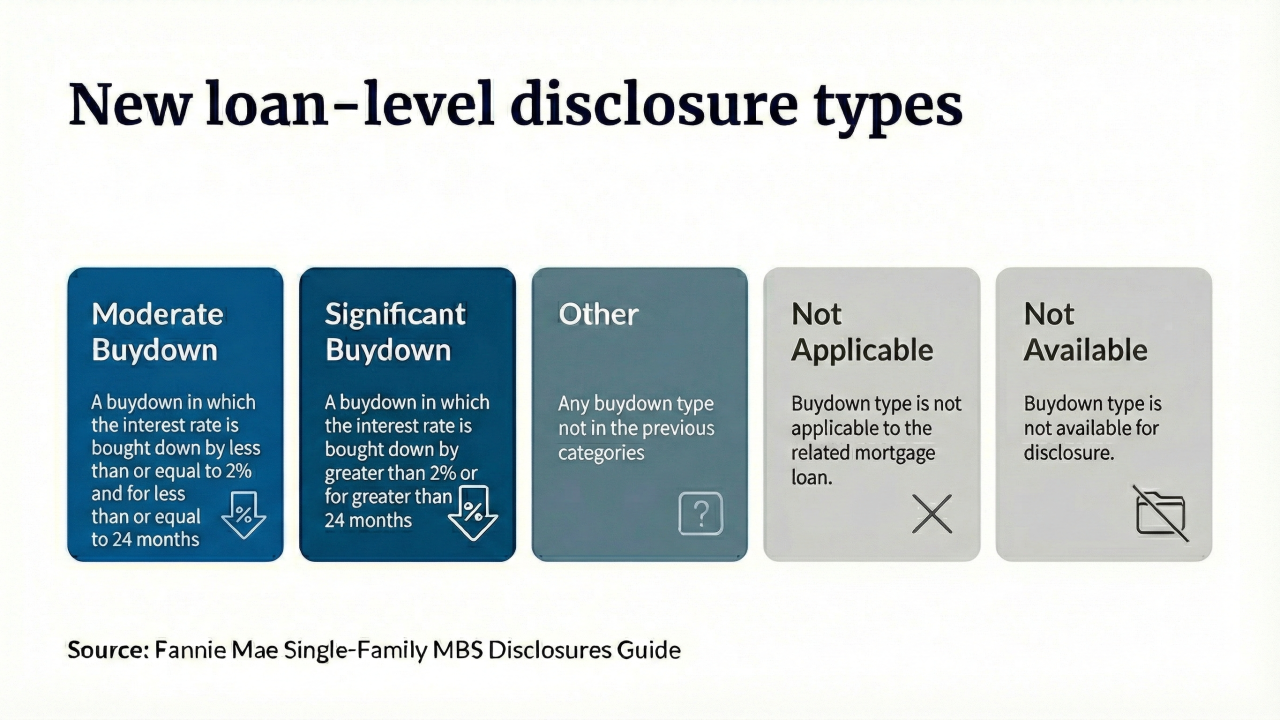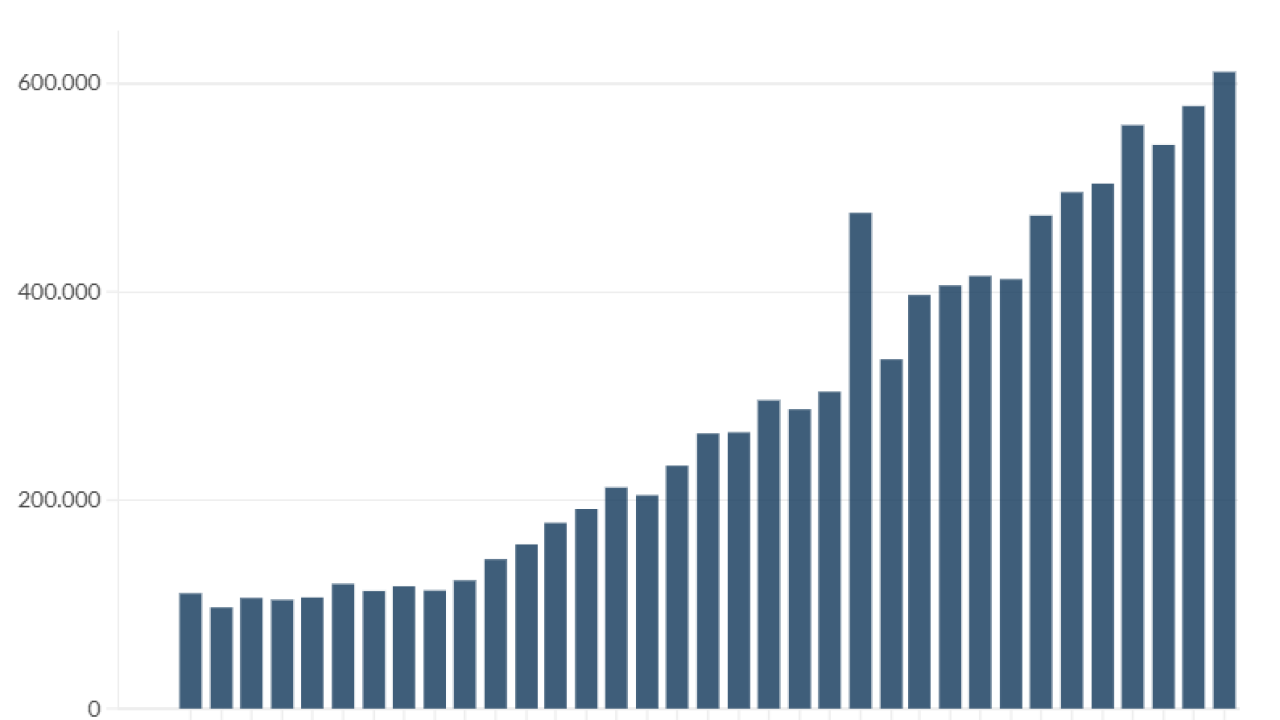Though the signing of a $50 billion emergency supplemental appropriations bill for Ginnie Mae by Congress and President Clinton late last week may serve to allay some concerns about the liquidity of the government agency's products, several MBS players said the agency may not be out of the woods just yet.
"Ginnie Maes have just not caught a bid this week," said Art Frank, an MBS researcher at Nomura Securities. "They're trading cheap almost beyond belief, and one of the contributing reasons is that the real active trading accounts think that the liquidity is surely better in Fannie [Mae securities]. There is just a general lack of sponsorship for Ginnies at this time."
Less than two weeks ago, Ginnie Mae issued a letter announcing it was rationing its commitment authority because it was coming close to its insurance limits. While spokesmen from the agency stress that the current situation isn't similar to last year's Ginnie adjustable-rate mortgage bond debacle, there's a general nervousness in the market surrounding Ginnie products.
"This is not the same as the ARMs nightmare that occurred a year ago," said John Jackson, a Ginnie Mae spokesman. "This time around, it is more specific to the general Ginnie securities rather than just ARMs, and in the current case, it is the general guarantee commitment authority."
According to Ginnie Mae officials, the president signed HR1141, public law 106-31, an emergency supplemental appropriations act, late last week. Spokesman Rob Fry said the legislation "still needs to get logged and registered in all the appropriate places, and must be fully authorized by other government agencies."
"This bill will give Ginnie the additional commitment authority to get us through the end of the fiscal year," he continued. "It is hard to determine exactly what is going on with the bill in the government at this time, but what we do know at this time is that is has been passed."
According to Fry, Ginnie Mae will be issuing an all-participants memo on its Web site as soon as rationing gets rescinded. "We have plenty of authority left, if we keep rationing for another week," he said. "It won't affect our issuance."
Ginnies Cheaper Than Ever
Although market players expected that Ginnie would get its $50 billion expansion in commitment authority, its bonds still traded at historically low levels last week, sources said. Though spreads widened across all fixed-income products, the Ginnie Mae market was particularly weak, at least "four to six ticks undervalued," according to one source.
"Ginnies have been trading cheap and no large investor is really stepping up to buy them at that level," said Frank. "The last time we were at these rate levels, one year ago, Ginnies were much richer than Fannies, which is not the case now. But I can't see them getting much cheaper than this without interest rates rising sharply, or without some opportunistic money coming in and buying them in large size."
For several MBS players, the current Ginnie situation brought to mind the lack in ARM production that took place one year ago.
"We went a few months where there was almost no supply of Ginnie ARMs," recalled one MBS portfolio manager. "The originators stopped originating the product, and even when it was back in business, production was extremely low. The mortgage bankers took it off their sheets. Now, that market has finally turned the corner, but Ginnie ARM production is still low."
However, there seems to be more evidence that the current situation won't be a repeat of that catastrophe. Another portfolio manager noted that there was more prepayment concern a year ago, and Ginnies prepayed faster than they historically had. This year, there is more of a worry that Ginnies will extend.
As for the record-low cheap Ginnie prices this past week, one MBS trader described it as a "Ginnie bloodbath." He attributes this to the fact that Fannies are being bought as trading vehicles, and both Fannies and Freddie Mac securities are being used for CMOs.
"But for an investor in mortgages who doesn't have to roll every month, it seems to me a slam dunk to buy Ginnies instead of Fannies, at least in the lower coupons," he said.
In response, Ginnie Mae's Jackson reiterated that he doesn't believe the agency will have a major problem; in fact, he notes it did a record number of REMIC deals in the month of May-about $3.7 billion worth-a level it has never reached before. "And if collateral is cheap, [Ginnies] probably won't stay cheap for long," he said. - AT




